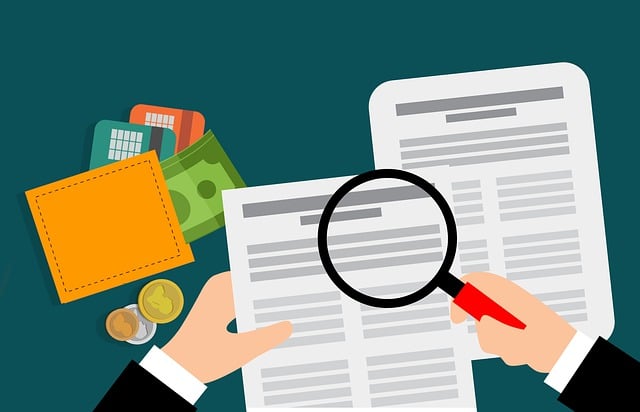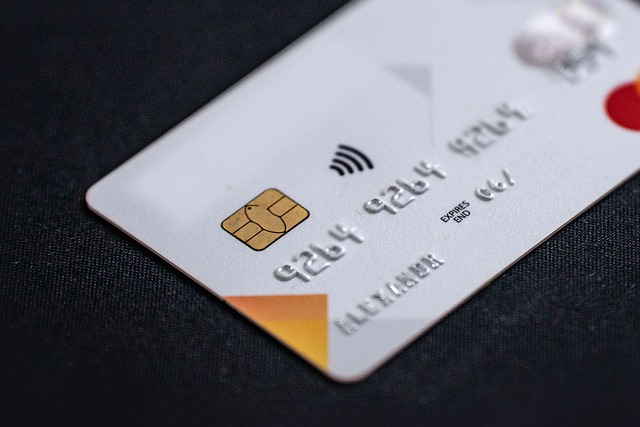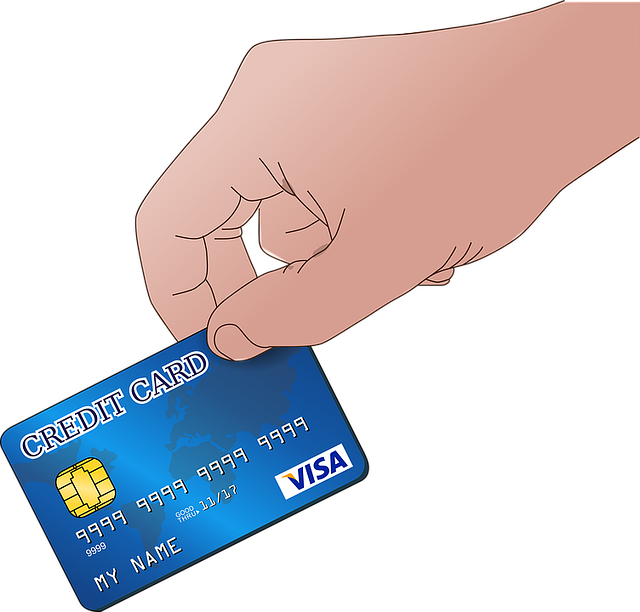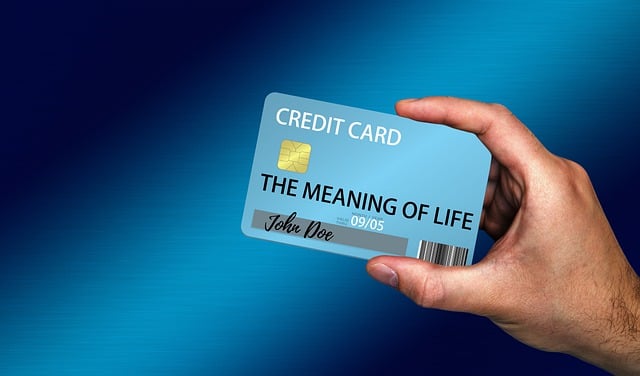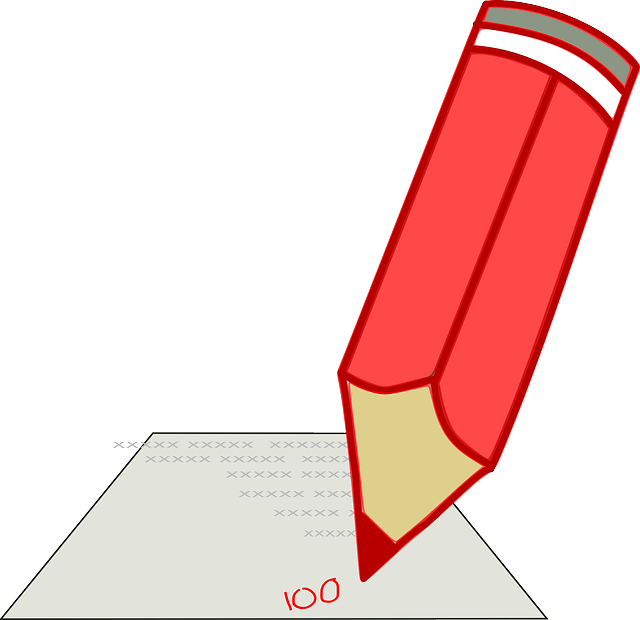Understanding your credit score is crucial for rapid improvement. Key factors influencing your score include payment history, debt levels, credit age, new credit, and types of credit used. Quick enhancements involve managing these factors effectively: making timely payments, keeping balances low, maintaining diverse credit, disputing errors, and avoiding hard inquiries. Regularly reviewing your report and using credit cards responsibly are strategic long-term approaches to quickly increasing your credit score. Responsible borrowing and monitoring financial habits contribute positively to achieving a better credit profile.
Looking to boost your credit score fast? This comprehensive guide breaks down everything you need to know about raising your credit score in record time. From understanding the basics of your credit score and common pitfalls to quick fixes and long-term strategies, we’ve got you covered. Learn how to utilize credit cards responsibly, monitor your progress, and maintain optimal credit health. Discover actionable steps to increase your credit score quickly and efficiently.
- Understanding Your Credit Score: The Basics Explained
- Common Mistakes That Lower Your Credit Rating
- Quick Fixes for Instant Credit Score Improvement
- Building a Solid Credit History: Long-term Strategies
- Utilizing Credit Cards Responsibly for Fast Growth
- Monitoring and Adjusting: Maintaining Your Credit Health
Understanding Your Credit Score: The Basics Explained
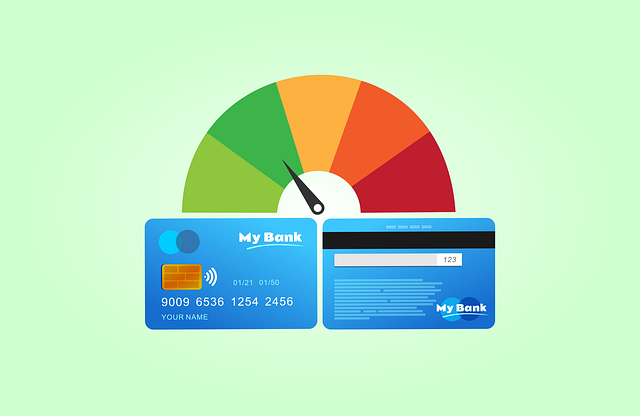
Understanding your credit score is the first step in learning how to increase it quickly. Put simply, a credit score is a numerical representation of your financial trustworthiness, based on your credit history. This score plays a significant role in determining your eligibility for loans, credit cards, and even rental agreements. It’s crucial to know that different countries and credit bureaus may use slightly varying scoring models, but the core factors remain similar: payment history, amounts owed, length of credit history, new credit, and types of credit used.
When it comes to how to increase a credit score quickly, the key lies in managing these factors effectively. Making timely payments, keeping credit card balances low, and maintaining a mix of different types of credit can significantly boost your score over time. Additionally, regularly reviewing your credit report for errors or inaccuracies is essential, as correcting these can positively impact your overall creditworthiness.
Common Mistakes That Lower Your Credit Rating

Many individuals make the mistake of believing that a high credit score is solely determined by timely payments, which while crucial, is only one aspect. Ignoring other factors can lead to a lower credit rating. For instance, maintaining a high credit utilization rate—the amount of available credit you’re using at any given time—can negatively impact your score. It’s recommended to keep this ratio below 30% of your overall credit limit. Additionally, frequent hard inquiries on your credit report, often caused by multiple loan applications, can lower your score as it indicates potential financial strain.
Another common pitfall is the misconception that closing old accounts will immediately boost your score. While closing accounts can reduce your available credit, it also may delete valuable historical data from your credit report, which can lower your overall score. It’s better to keep older accounts open, especially those with a positive history of on-time payments, as this lengthens your credit history and enhances your credit profile when calculating How To Increase Credit Score Quickly.
Quick Fixes for Instant Credit Score Improvement
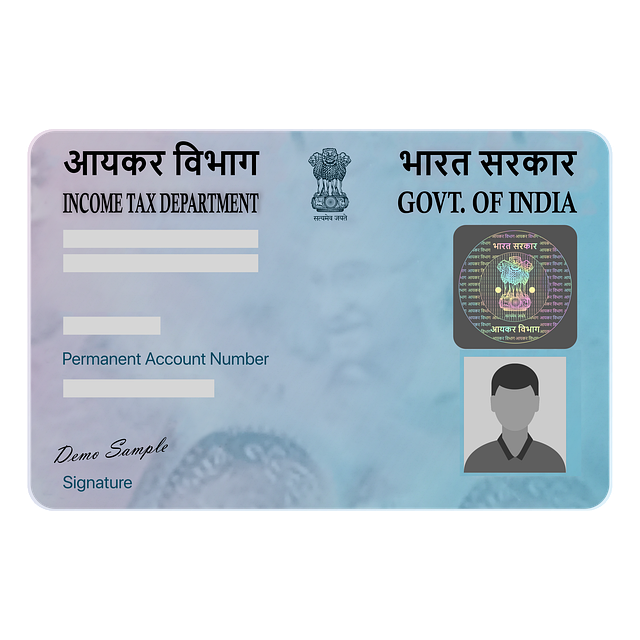
If you’re looking for ways on how to increase credit score quickly, there are a few instant fixes that can make a noticeable difference. One effective strategy is to check your credit reports regularly and dispute any inaccuracies. Errors in your reports can drag down your score, so ensuring their correctness is a swift way to boost it. Additionally, paying off outstanding debts as much as possible within the month can significantly impact your credit utilization ratio, leading to an immediate improvement.
Another quick fix involves avoiding applying for multiple new credit cards or loans simultaneously. Each application results in a hard inquiry on your credit report, which can temporarily lower your score. Spread out these applications and focus on responsible financial behavior, such as paying bills on time and keeping credit card balances low, to see quicker improvements in how to increase credit score quickly.
Building a Solid Credit History: Long-term Strategies

Building a solid credit history is a long-term strategy that forms the foundation for quickly increasing your credit score. Start by establishing yourself as a responsible borrower. This means using credit cards wisely, paying bills on time, and keeping your credit utilization low—ideally below 30% of your available credit limit. Consistently making on-time payments will demonstrate to lenders that you’re reliable, which can lead to better borrowing terms in the future.
Additionally, it’s beneficial to maintain a mix of credit types. This includes a combination of credit cards, personal loans, and perhaps even a small business loan if applicable. Lenders like to see diverse credit profiles, as it shows your ability to manage different financial responsibilities. Regularly reviewing your credit report for errors or discrepancies is also crucial. Errors can negatively impact your score, so addressing them promptly will help maintain or improve your credit standing over time.
Utilizing Credit Cards Responsibly for Fast Growth

One effective strategy to quickly boost your credit score is responsible credit card utilization. While it might seem counterintuitive, using your credit cards regularly and paying off the balance in full each month can significantly impact your credit health. This behavior demonstrates to lenders that you handle debt responsibly, which is a key factor in determining your creditworthiness.
When used wisely, credit cards can accelerate your credit score growth. Ensure you pay down the full balance each billing cycle to avoid interest charges and keep your utilization ratio low. A low credit utilization rate (below 30%) indicates good management of your available credit, positively influencing your overall score.
Monitoring and Adjusting: Maintaining Your Credit Health
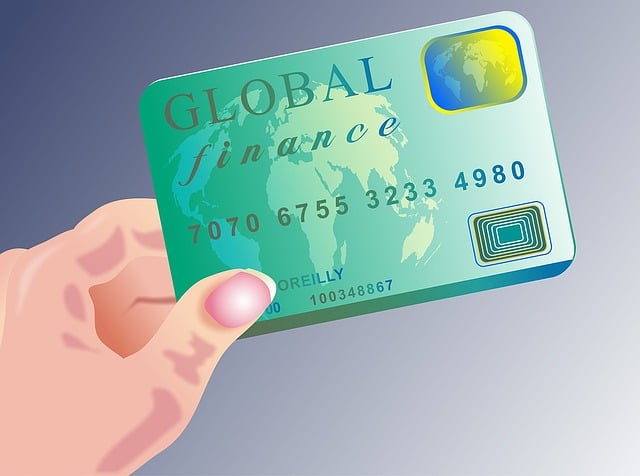
Monitoring and adjusting your financial habits is crucial in how to increase credit score quickly. Regularly check your credit report from the major credit bureaus to ensure accuracy and identify any discrepancies or errors that may be dragging down your score. You can obtain a free copy of your report annually from each bureau. Reviewing your report allows you to spot potential issues early on, such as accounts marked as delinquent or fraudulent activity.
Taking proactive measures to adjust your spending and repayment habits is key to maintaining credit health. Pay all your bills on time, as late payments can significantly harm your score. Additionally, strive to keep your credit utilization low by keeping balances below 30% of your available credit limits. This demonstrates responsible borrowing to lenders, contributing positively to how to increase credit score quickly over time.
Raising your credit score quickly is achievable through understanding your current standing, avoiding common pitfalls, implementing immediate fixes, adopting long-term strategies, and consistently monitoring your progress. By utilizing credit cards responsibly and maintaining a solid credit history, you can significantly enhance your credit score over time. Follow these comprehensive steps to achieve a record-breaking credit score in no time.



